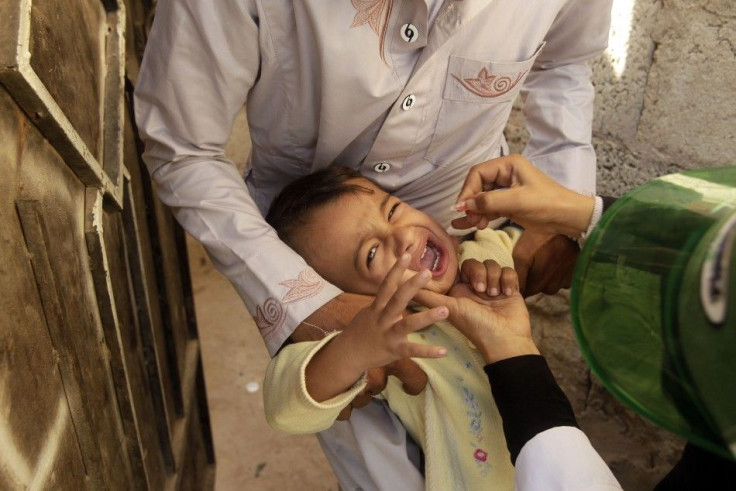NZ Party Leader Colin Craig Calls Smacking Law 'Stupid', Admits to Smacking Child

New Zealand's Conservative Party leader Colin Craig has admitted to smacking his child despite the observance of the Smacking Law. Mr Craig believes that the legislation is "stupid" and wants to propose a repeal of the anti-smacking law.
The legislation, which took effect in New Zealand in 2007, clearly indicates that the use of force should not be used as a form of discipline on children.
The Conservative Party may be a possible coalition partner of the National Party after the general election in 2014. If Mr Craig was given the position, he will negotiate a repeal of the anti-smacking law.
Since the law was enforced, parents cannot use "reasonable force" as a defence if they are prosecuted for assaulting their children.
When Mr Craig was asked if he would smack his child once the law was repealed, he told RadioLive in an intertiew that he "occasionally" does it now. He was confident of not getting any criticism from his admission of smacking.
Mr Craig cited the results of the Curia Market Research in 2012 in which respondents were asked if smacking should be a reasonable form of correcting children's behaviour. According to Mr Craig, 77 per cent had agreed on smacking being a reasonable force.
However, Mr Craig remarked the figures did not necessarily mean that most parents were smacking their children and ignoring the law. He added that the law was "ambiguous" since police officers cannot prosecute parents for smacking unless it is for public interest.
In the interview, Mr Craig described his method of discipline as mostly just flicking his finger on the back of the child's knuckle. This physical discipline is only small compared to other forms of discipline without using force.
Mr Craig believes switching to Australia's version of the smacking law would be a more sensible approach. He said Australia's smacking legislation gives parents the right to give a slight smack to children but never on the head.
The United Nations (UN) has called on Australia to ban the "smacking" of children in 2013. The UN Committee on the Rights of the Child has urged Australia to prevent parents from "reasonably" smacking their children and encourage them to use other forms of discipline.
The UN committee's recommendations were outlined by National Children's Commissioner Megan Mitchell in the first report to the federal Parliament. According to the recommendations, all professionals who are working with children like teachers and childcare workers should be report cases of violence against children.
Despite the UN's recommendations to ban smacking, Prime Minister Tony Abbott does not agree with the international body. He rejected the proposal and said that Australia will turn into a "nanny state" if parents are banned from smacking their children.






